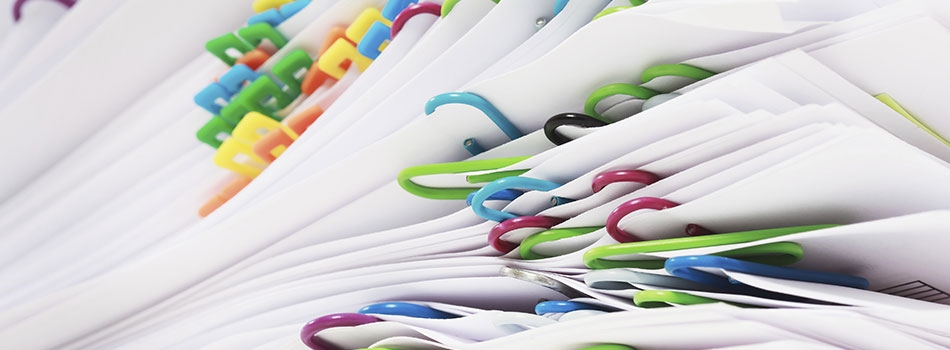
Being a reviewer of a manuscript or grant proposal can give someone access to research that is significant and innovative. This is a key part of the reason why agreeing to be a reviewer carries with it important ethical responsibilities. If the topic of a manuscript closely resembles a subject matter that a reviewer is currently researching, for example, challenges can emerge.
It might be overly hasty to insist that a reviewer decline the offer to examine a manuscript if that person has a conflict of interest, especially considering that it can be difficult to find another reviewer with the relevant expertise to undertake the review. Finding a qualified reviewer without some form of conflict might not be possible, especially if the manuscript contains highly technical and specialized content. Ideally, individuals undertaking reviews will have the relevant expertise to make a competent assessment of the work without letting personal ambition or bias guide behavior. At a minimum, the prospective reviewer must disclose conflicts of interest to the journal editor or funding agency.
When discussing peer review, it is important to acknowledge the obligations that journal editors and staff have to develop clear ethical guidelines. Among the policies that a journal should articulate is one that instructs authors about how to submit a manuscript properly. A journal authorship policy might include, but is not limited to, addressing issues such as what constitutes a significant intellectual contribution, which types of conflicts of interest need to be disclosed, and how plagiarism is defined.
It is also crucial to acknowledge the obligations that authors have when they submit their work for publication. Researchers should present their work in an accurate, complete, and honest manner. Typically, this requires that their work undergo thorough review before it is presented to the public. It can be profoundly tempting to be the first to report what is believed to be a major finding, but in most cases, researchers need to take steps to ensure their work has been scrutinized adequately. A primary reason is that the peer review system can provide an opportunity for errors to be identified before research findings are distributed.
Other Links & Resources
- Committee on Publication Ethics: COPE Ethical Guidelines for Peer Reviewers
- Council of Science Editors: CSE's White Paper on Promoting Integrity in Scientific Journal Publications: 2.3 Reviewer Roles and Responsibilities
- National Institutes of Health: Center for Scientific Review
- National Institutes of Health: Peer Review Process
- National Science Foundation: Merit Review